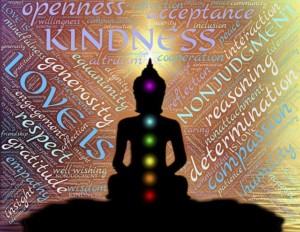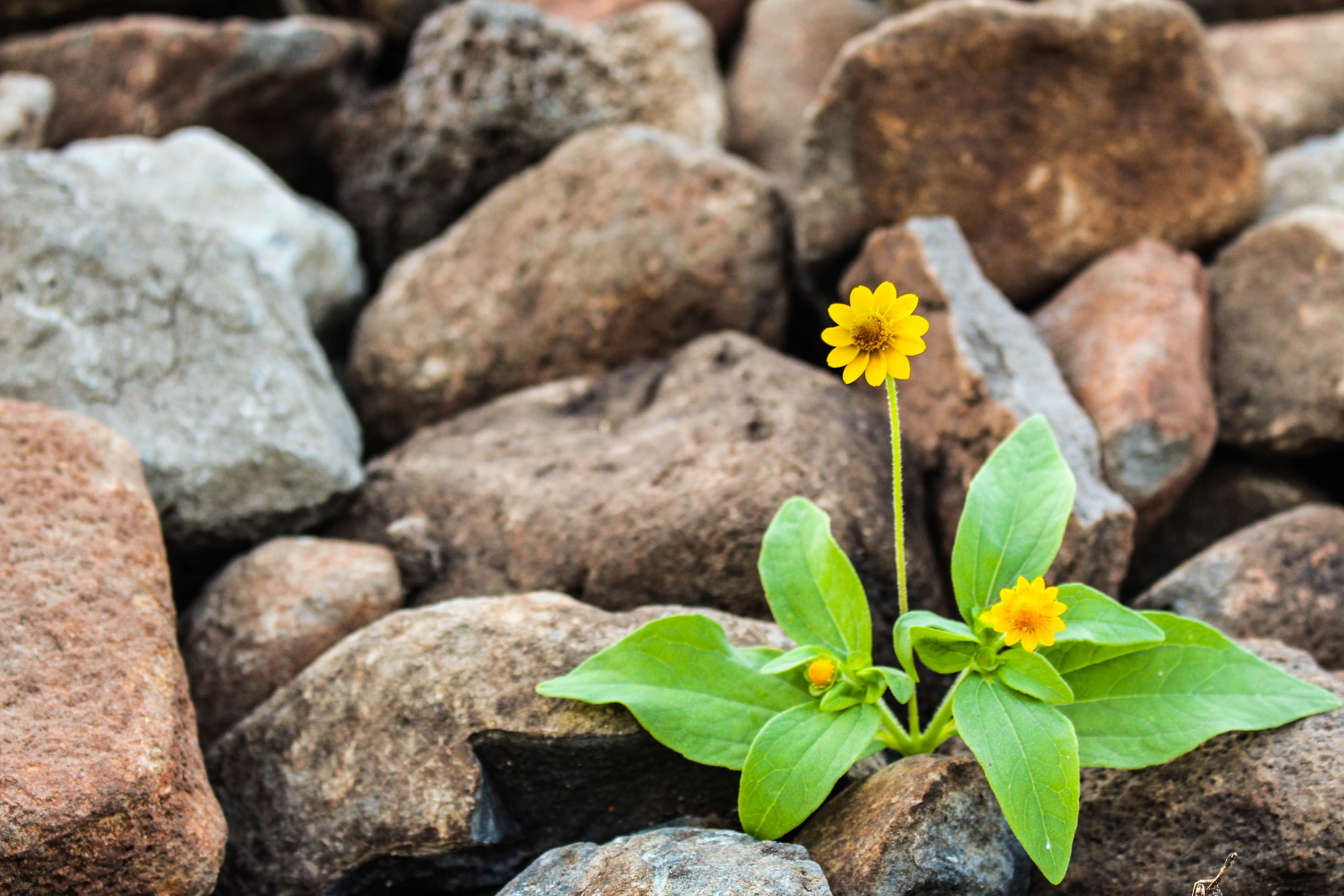May you be filled with Loving Kindness.
May you be surrounded by Loving Kindness.
May you know the source from which all Loving Kindness comes.
May you live with ease. May you be happy. May you be healthy.
May you be safe, peaceful, and free from suffering.
May you be strong and confident.

WHY LOVING KINDNESS MEDITATION?
Especially during February, the month of Love, I want to share with my clients, ways to feel more connected to others, rather than feeling lonely, as well as ways to choose and improve the quality of one’s thoughts, replacing negative thoughts and emotions with positive thoughts and emotions, and to improve self-esteem. Loving Kindness Meditation is one way to feel closer to others and practice self-compassion instead of self-criticism.
WHAT IS THE LOVING KINDINESS MEDIATION? HISTORY AND HOW TO.
The Loving Kindness Meditation is 2,500 years old and comes from the Buddhist Tradition. The original name of this practice is “metta bhavana, which comes from the Pali language,” a language related to Sanskrit and spoken in Northern India (Nunez, 2020), “Metta means… positive energy…and loving-kindness… an emotion, you feel in your heart. Bhavana means… cultivation” (Nunez, 2020). The goal is to send loving kindness and light to yourself and others. Sit in a quiet place, with no distractions, bringing your awareness inward with eyes closed, practicing deep breathing and relaxation…In traditional metta meditation, stages include
1. Sending loving kindness and light to yourself 2. To family and friends 3. Acquaintances
4. Someone you are experiencing difficulty with and 5. To everyone, extending it to neighbors, your country, and your planet (The Buddhist Centre, n.d.).
A more recent loving kindness meditation that has been well-researched that can be found on Youtube.com, starts first with the stage of picturing a person “close to you who loves you very much, present or past, or a spiritual guide…picture them sending you love and wishes for your safety, well-being, and happiness”… feel the warmth and kindness coming to you….Then picture being surrounded by all those who love or who have loved you…all sending you wishes for your happiness, well-being and health….[and being] filled with and overflowing with warmth and love” (Seppala, 2014). The mediation then continues with you sending “warmth and well wishes” to others using loving kindness mediation statements such as “may you be healthy, may you be happy, may you be free from pain” (Seppala, 2014). Following is a summary of research on the benefits of the Loving Kindness Meditation, as well as resources.
RESEARCH ON THE BENEFITS OF LOVING KINDNESS
The American Heart Association’s Healthy for Good website suggests benefits of meditation in general (including the loving kindness meditation) that can “effect physical changes in the brain and increase ability to process information, slow the cognitive effects of aging, reduce inflammation, support the immune system, reduce symptoms of menopause, control the brain’s response to pain and improve sleep. (Heathy for Good (n.d.).
According to Seppala’s dissertation research, practicing The Loving Kindness Meditation, makes one “feel closer to others…react more positively to others…less self-focused and… [thus]more connected to others” (2014, May 28). Currently the Science Director for the Center of Compassion and Altruism Research and Education at Stanford University, her subsequent reviews of the literature found the following benefits from practicing The Loving Kindness Meditation. Benefits include “increased positive emotions…increased vagal tone…. healing… gray matter volume in the brain related to emotional regulation…[and] feelings of social connection…. [making one] a more helpful person” (Seppala, 2014, October 28). Benefits also included a decrease in “negative emotions…migraines…chronic pain…[and a decrease in symptoms] of schizophrenic spectrum disorder. When practiced regularly studies show that it “activates and strengthens areas of the brain that relate to empathy and emotional intelligence…lessens self-criticism [and]…slows biological aging (Seppala, 2014, October 28th).
SUMMARY AND RESOURCES
According to Buddha, practicing Loving Kindness Mediation is more important than practicing only breathing meditation, as it has a positive effect on your internal state, affecting thoughts and actions, and makes you “happier, healthier, and nicer” (Leper, 2018).
Tips for beginners include “being patient… avoid judging yourself… and experiment… with different times of day, locations, etc. to make it work for you (Nunez, 2020). There are many different versions and numerous videos that can be found on Youtube.com for adults and some for children, by just searching Loving Kindness Meditation. Some are 5 minutes, thirteen to fifteen minutes and longer. One such example is a six-minute video, narrated by a young child, focusing first on self, then family, then friends, then “all people everywhere on earth,” and lastly on self. The following affirmations are used: “May I let go of sadness and bad feelings. May I be free from anger. May I be free from pain. May I be free from difficulties. May I be free from suffering. May I be healthy, happy, and peaceful. May I be filled with loving kindness.” (Go Zen, 2016).
With so many healthy, wonderful long-standing benefits, I would like to suggest that you at least try Loving Kindness Meditation and experience the benefits for yourself and your relationships.
My Favorite Quotes on Loving Kindness
“Kindness is like snow – it beautifies everything it covers.”
Kahlil Gibran
“Kindness in words creates confidence.
Kindness in thinking creates profoundness.
Kindness in giving creates love.”
Lao Tzu
Lao Tzu (Father of Chinese Taoism, which advocates a philosophy
of living a simple life. Author of Tao Te Ching).
The “Tao of Communication” is caring more about what the other person
has to say, than what you have to say.
(Solomon, 1986).
“In the end, only three things matter: how much you loved, how gently you
lived, and how gracefully you let go of things not meant for you.
Buddha
Stephanie L. Shaefer, Ph.D., M.Ed., L.P.C. Center for Pastoral Counseling of Virginia. For further information or training in meditation practices, loving kindness meditation, Japanese Methods of Quiet Therapy and Journal Writing, or Authentic Yoga, or to make an appointment with Stephanie, you can reach her at 703-903-9696 #244 or by email at stephanieshaefer@pastoralcounseling.com.
References:
Go Zen (2016, July 15). Loving-Kindness Meditation for Kids. YouTube.com. Retrieved from URL:
Healthy for Good (n.d.). Healthy for Good/American Heart Association. Retrieved from
Https://www.heart.org/healthyliving/healthy for good/meditation.
Leper, C. (2018, January, 28). Loving Kindness Meditation. Retrieved from
Https://www.becomingbetter.org.
Nunez, K. (2020, June 9). 5 Benefits of Metta Mediation and How to Do it. Retrieved from
Https://www.healthline.com
Seppala, W. (2014, May 28). A Gift of Loving Kindness Mediation. Retrieved from URL:
Seppala, E.M. (2014, October 28). 18 Science-Backed Reasons to Try Loving Kindness
Meditation. Retrieved from https://www.psychologytoday.com.
Seppala, E. (2014, May 28th). A Gift of Loving Kindness Meditation. Youtube.com. Retrieved
from URL: Https://Youtube.com/a gift of loving kindness meditation.
Solomon, P. & DuPont, N. (1985). The Tao of Communication, Masters Press: Timberline,
Virginia.
The Buddhist Centre (n.d.). Loving Kindness Meditation – Metta Bhavana. Retrieved from
Https://www.thebuddhistcentre.com.
Image credit: https://pixabay.com/users/johnhain-352999/?utm_source=link-attribution&utm_medium=referral&utm_campaign=image&utm_content=1221449
—
The views and opinions expressed in this article are those solely of the author and do not necessarily reflect the views and opinions of the Center for Pastoral Counseling of Virginia.
Request an Appointment
Individiual, Couples, Pre-Marital, Family,
Children's Counseling and Clergy Assessement
Was It Helpful To You?






